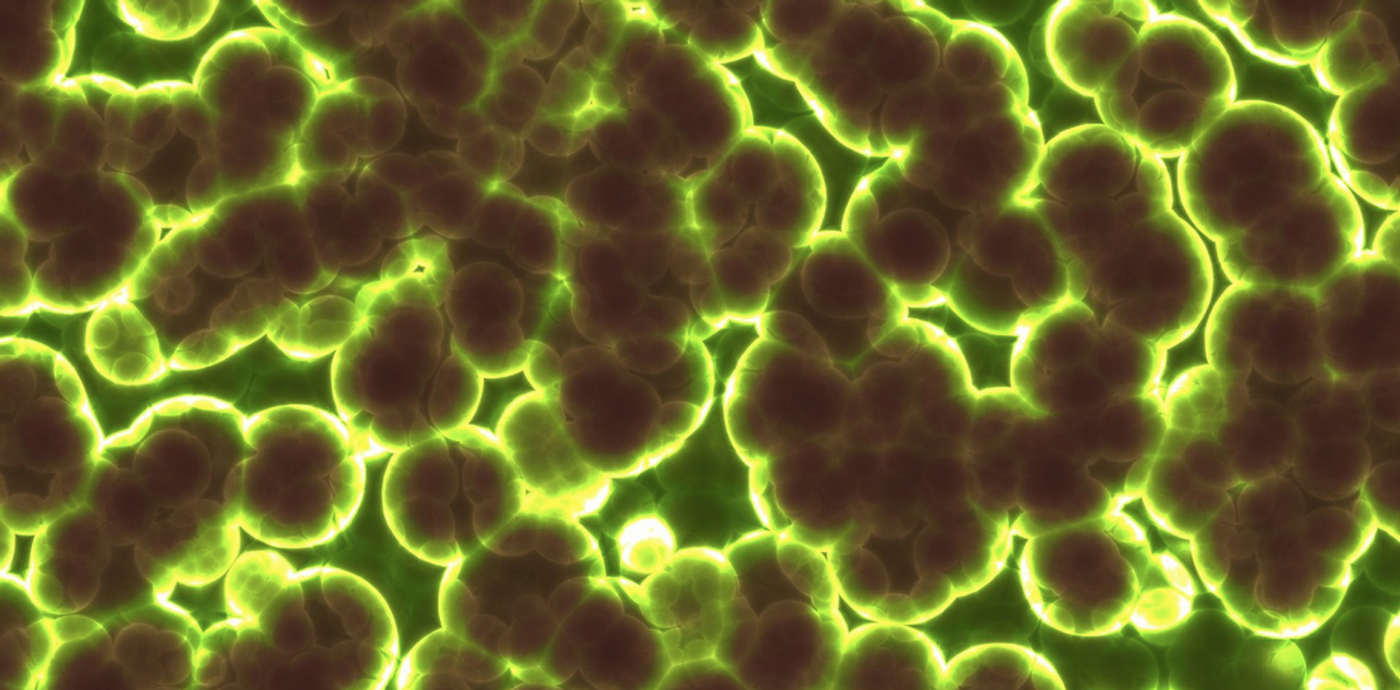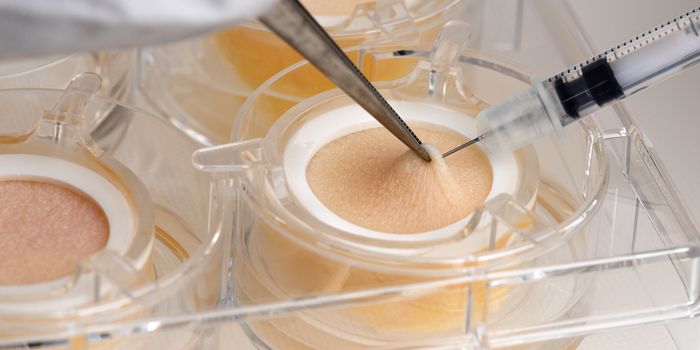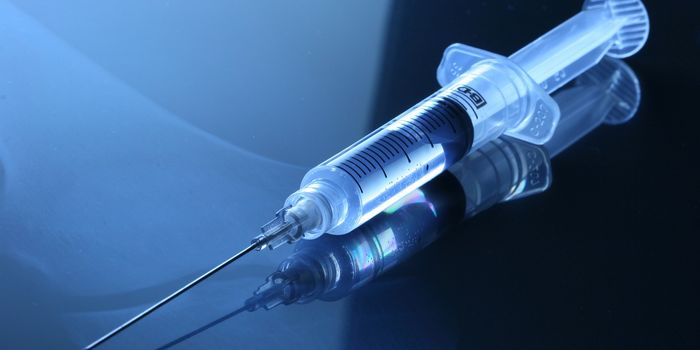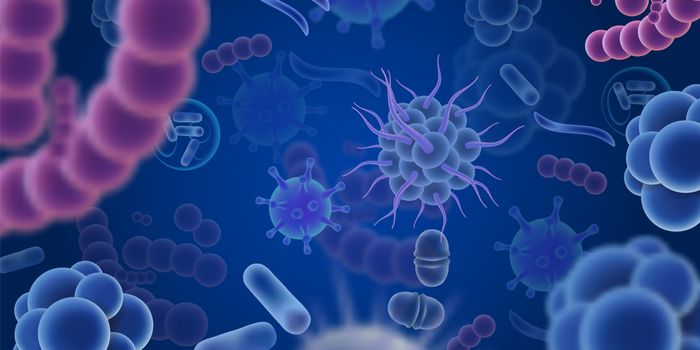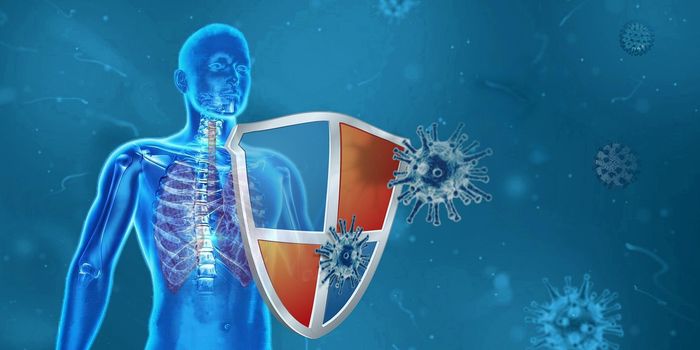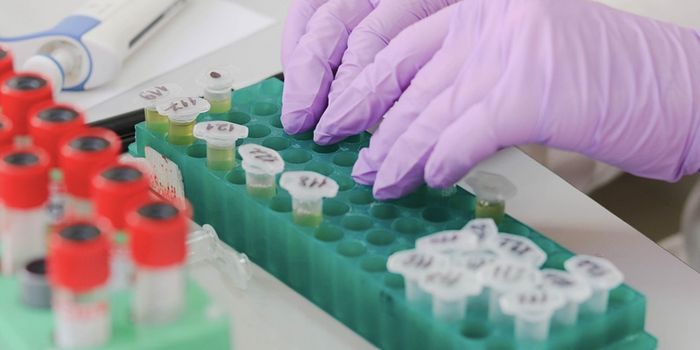The Impact of One Gut Microbe on Human Immunity is Deciphered
Since researchers began to examine it in detail, the gut microbiome has been associated with myriad aspects of human health, well-being, and disease. But there are hundreds of bacteria, and many more types of microbes populating the gastrointestinal tract, which has made it incredibly difficult to understand the effects of any one particular microbe. But researchers are forging ahead. The gut microbiome represents a tantalizing therapeutic opportunity, in which it may be possible to relieve disease symptoms simply by applying or removing certain gut microbes. But we have to know what the impact of specific organisms is, first.
"Microbiome studies need to move from making associations to determining function and causation," said Ramnik Xavier, a Professor at Harvard Medical School, among other appointments.
Now thanks to Xavier and colleagues, we know a lot more about one gut microbe, the bacterium Akkermansia muciniphila. This microbe typically represents around three percent of the gut microbiome, and breaks down mucus in the intestine.
Previous work has shown that A. muciniphila is important to certain immune processes, and may have a protective effect against type 2 diabetes and inflammatory bowel disease. A. muciniphila also seemed to make cancer cells more vulnerable to immune checkpoint drugs. Reporting in Nature, the researchers have shown why this happens.
The scientists were surprised to discover that A. muciniphila carries a lipid in its cell membrane that signals to receptors called TLR1 and TLR2 (toll-like receptor 1 and toll-like receptor 2), which are found on many types of immune cells. TLR1 and TLR2 were found to be acting in a novel way, and the bacterial lipid was causing the release of certain inflammatory cytokines, but not others.
The bacterial lipid was found to be promoting homeostasis in the immune system. At low levels, it kept the immune system constrained so it would not react to a potential invader until it was present at a certain amount. At higher levels, the lipid was less potent, and did not stimulate a powerful immune response, so that inflammation was kept under control.
It may be possible to use this new data to develop drugs that work with A. muciniphila to influence the immune system and battle disease. The study authors deciphered the lipid's structure, so other researchers can now reproduce it in the lab.
The framework in this work could also be applied to other members of the gut microbiome. "You can change the bacterium and apply the same set of tests," said co-senior study author Jon Clardy, a Professor at HMS.
"The real significance of this work was connecting a bacterium, the molecule it makes, the pathway it operates through, and the biological outcome," said Clardy. "That's very rare."
Traditional methods were used in this study, and they showed that this "generic" lipid has "remarkable activity," Advanced genomic or metabolomic tools might have missed. it, Clardy suggested. "The gut microbiome and the immune system are very complicated, which makes you expect that answers will be complicated too. But sometimes complicated things are just lots of simple things."
Sources: Harvard Medical School, Nature
